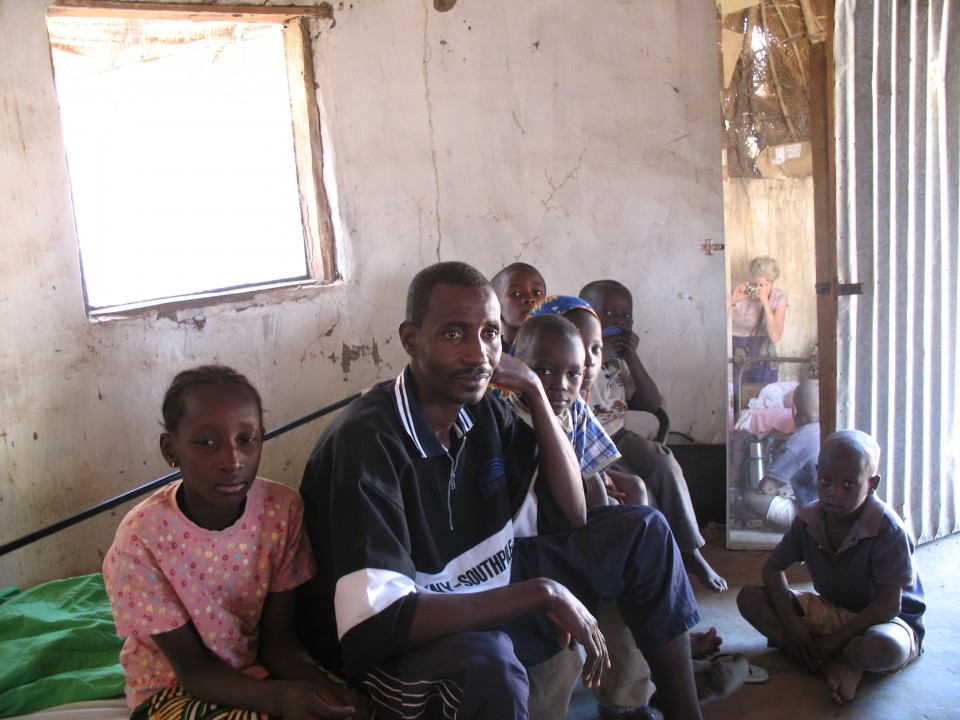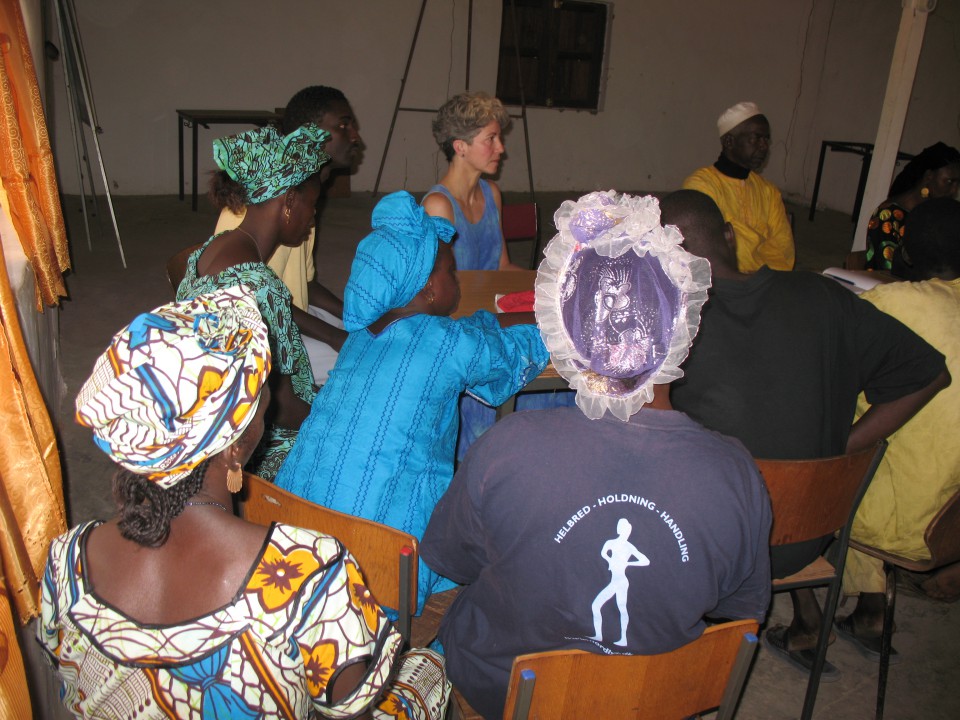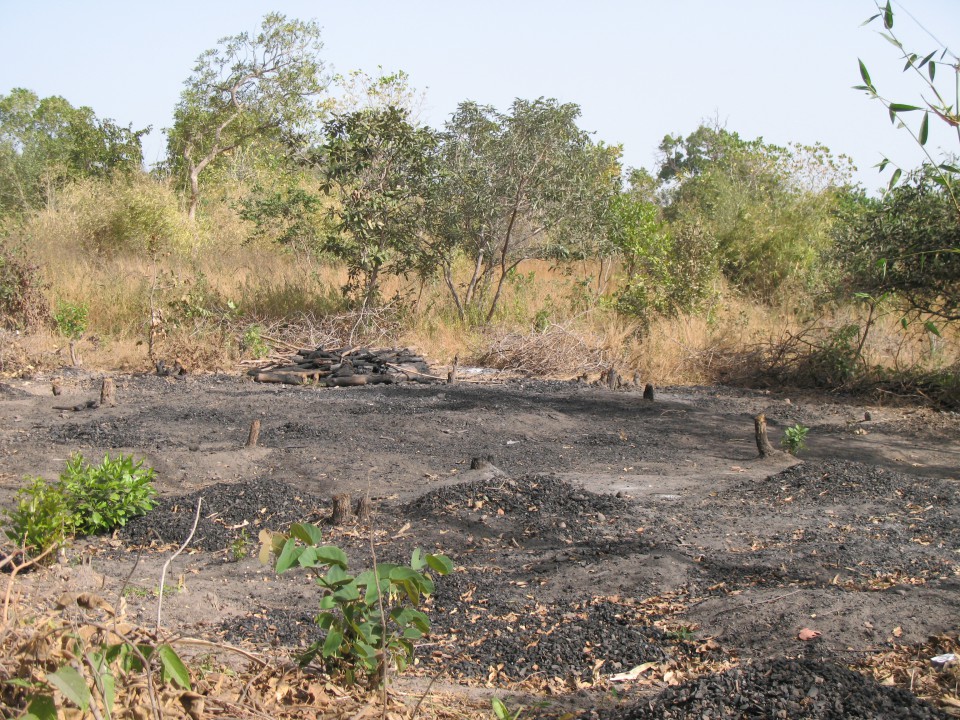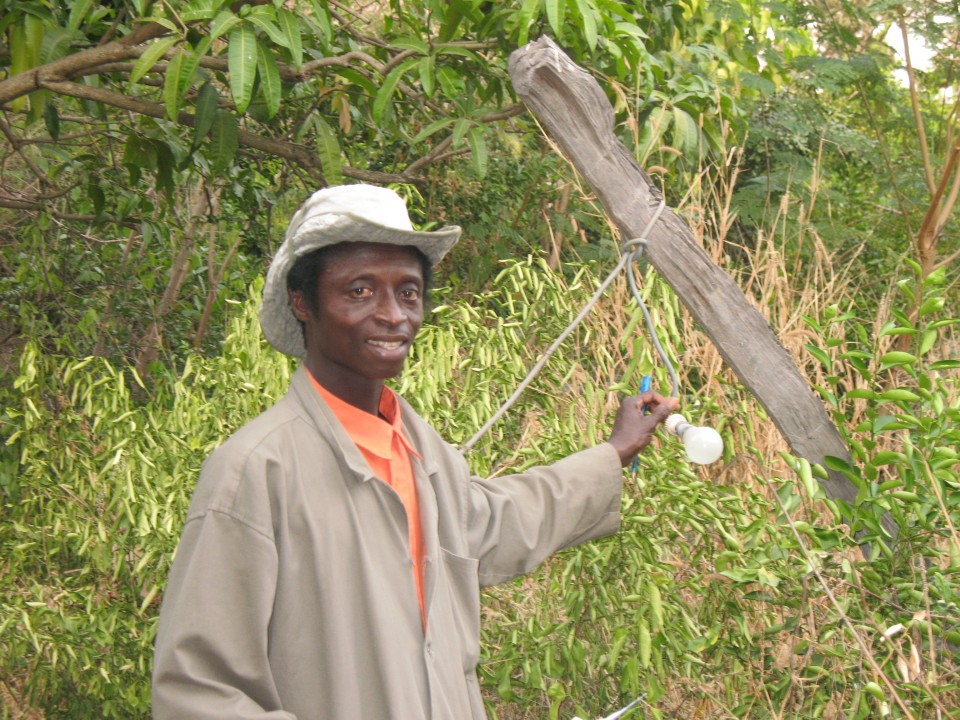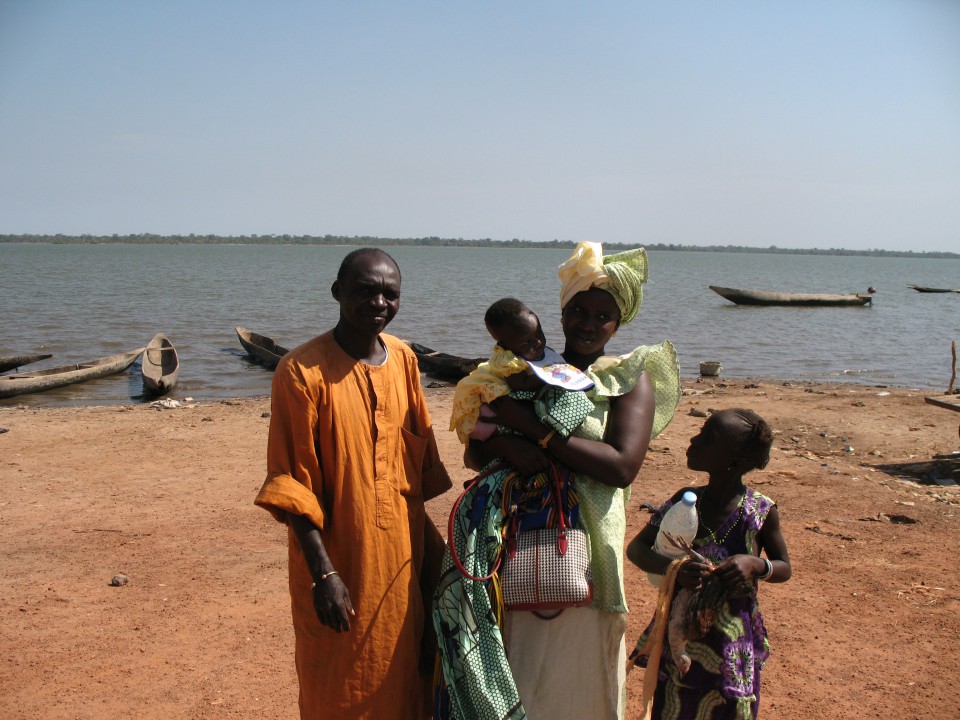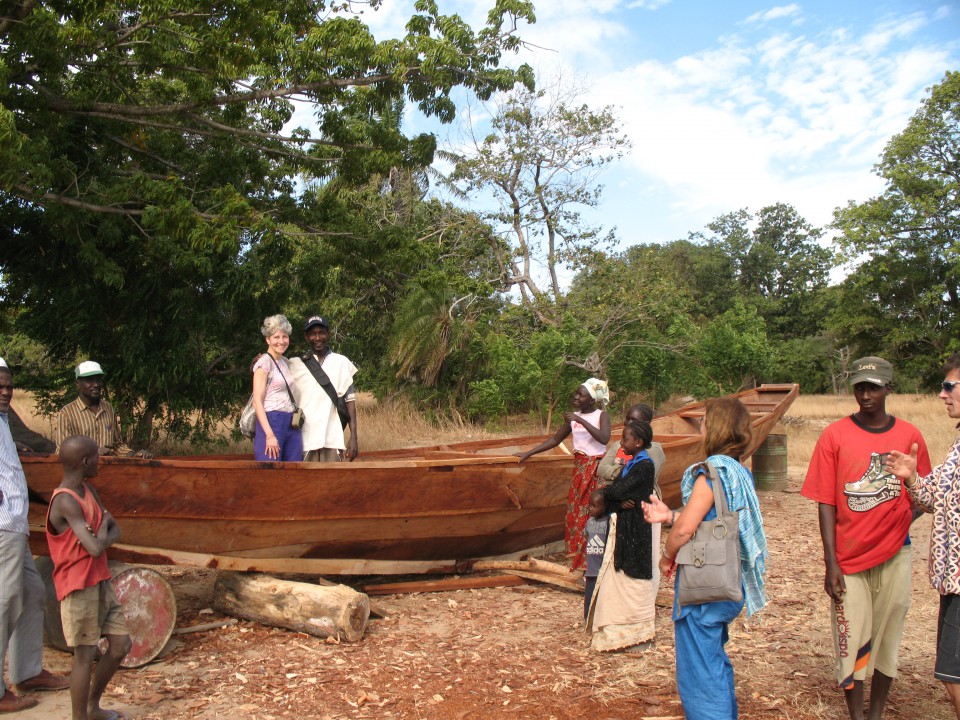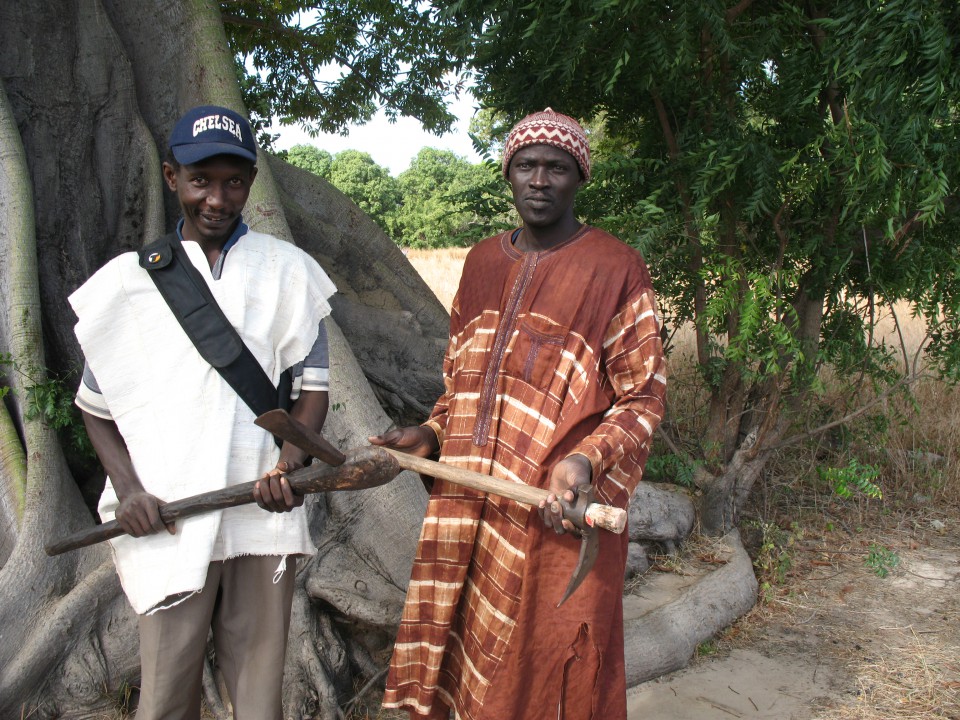Colufifa
Colufifa, a French acronym for the Committee to End Hunger (Comité de lutte pour la Fin de la Faim), is not really an ecovillage. Rather, it is a Senegal-based network of 350 West African villages seeking to become self-sufficient through the following efforts:
- organic farming
- microfinance
- adult literacy
- malaria prevention
Colufifa’s work, as in much of the developing world, is not to build new villages but to make the existing ones sustainable.
While Colufifa was founded in 1964 and predates the ecovillage movement by decades, it joined the Global Ecovillage Network because it shares GEN’s commitment to village self-sufficiency.
Yet while Colufifa’s impoverished villagers have minuscule ecological footprints—by far the smallest I encountered—the term ecovillage meant nothing to most of them: their austerity is involuntary. I visited several of Colufifa’s member villages. In all of them, the vast majority of young men had left in search of jobs in African or European cities, making a significant rupture in the social fabric. Women’s empowerment is therefore a big part of Colufifa’s work.
Official website (in English): http://aajac-colufifa.org/information-in-english/
Colufifa ‘s international partners include the Danish NGO, Cycles to Senegal
and the French offices of ActionAid International http://www.peuples-solidaires.org/

